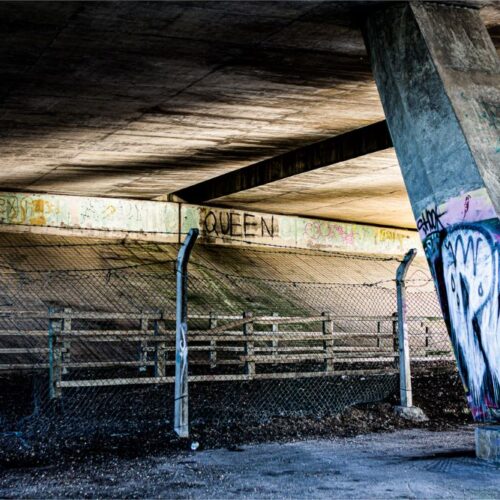
Student stories: Dr Linda Mayoux
Dr Linda Mayoux is on the Visual Communications degree and is now on the very final unit, Sustaining Your Practice.
Linda has recently submitted Advanced Practice and Visual Research for assessment. For these units Linda generated a substantial body of written work, extensive research, idea generation, mixed media experimentation, visual development, alternative layouts and final visual solutions. Her outcomes were visually rich and experimental with a combination of photography, screenprinting and digital explorations.
I caught up with Linda to ask about the work that she created in these two units and her plans for the future.
Please could you briefly summarise the work you recently submitted for Level 6 Visual Communications assessment
“Advanced Practice and Visual Research focused on different parts of a longer-term refocusing of my work and life. I have an established professional career as consultant for international development agencies in Africa and Asia. But hypersensitivity to environmental pollution now prevents me from travelling and I need to develop new skills to work from UK only.
Visual Research helped me develop skills to animate community development narratives without text for global audiences – considering different cultural responses and my own role as ‘creative translator’ of other peoples’ stories.
In Advanced Practice ‘Lost Reflections’ were psychogeography-inspired ‘creative visual documentary’ projects based on Cornwall, Cambridge and Kyrgyzstan exploring interlinkages and tensions between ‘subjective’ and ‘objective’ realities of place. I focused on digital skills in creative photography, but also experimented with photoscreen and solarplate printmaking, moving image and digital manipulation of drawings and collage.”
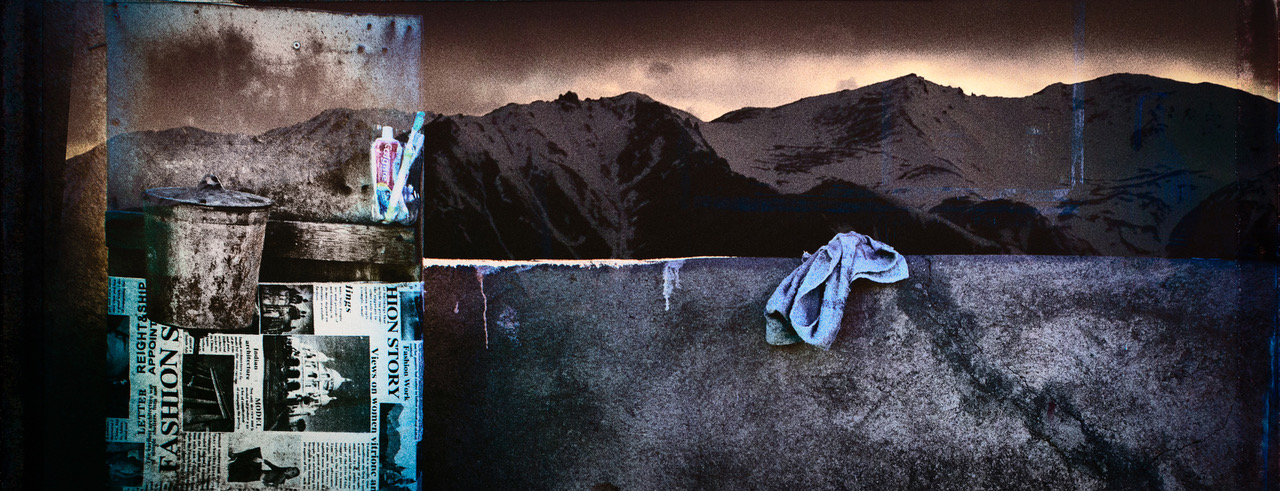
Some of the work you created for Advance Practice and all of the work you created for Visual Research relates to your personal outlook on the world and your inter-related professional life. How important was it to you to be able to embed this ethical stance into your practice and written work?
“I am still thinking through what an ‘ethical stance’ might mean for my visual communications practice.
My professional consultancy work has a very explicit ethical activist focus. Having known and lived among many inspiring people struggling tirelessly with few resources against power and exploitation, it is very difficult to sit happily back at home in UK without concern about the wider ethics of my life. Part of my visual communications motivation was to improve photography, video and graphic design skills linked directly to peoples’ actions on the ground. But my visual work cannot/should not compete with the many excellent videos and photographs by the many citizen journalist activists on the ground.
I also do not think that all my work needs to directly promote an ‘ethical message’, as long as it does not contradict my ethical principles. ‘Happy accidents’ from hands-on exploration of different materials and media are good for my mental health and might be enjoyed by other people. I am particularly interested in indirect ways of engaging a global audience from different backgrounds, provoking deeper ethical questions rather than imposing my own answers. Alongside activism from the UK.”
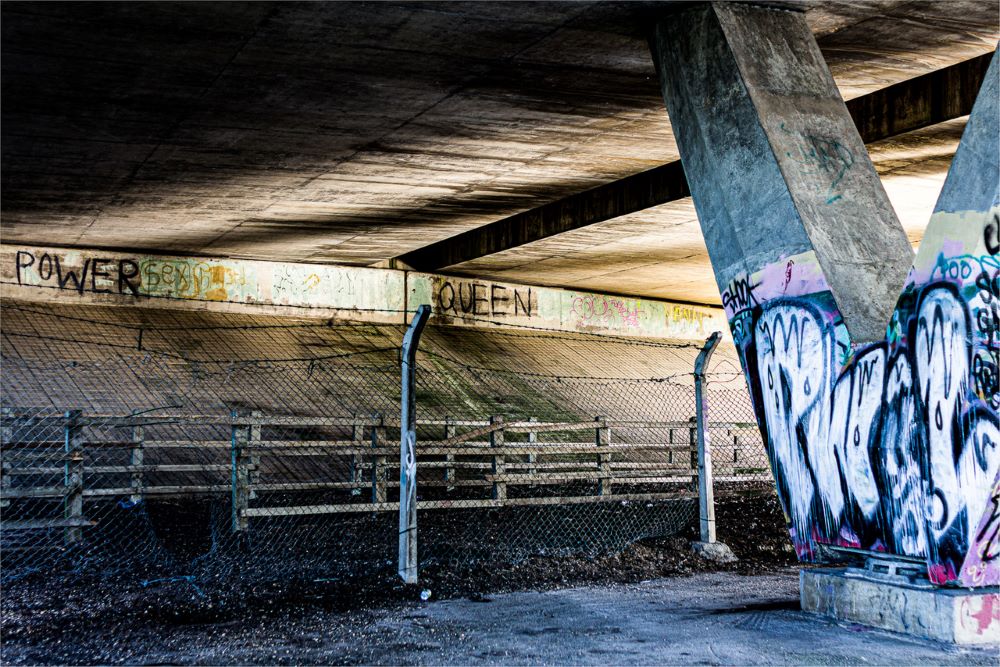
What do you think are the main visual aspects that you will take through to your final unit Sustaining Your Practice? (This might be a technique you have enjoyed or some other aspect.) Will your interest in ethics and social responsibility inspire / direct your work for Sustaining Your Practice? If so, in what way?
“‘Edges in Time’ for SYP is a series of creative visual documentary projects about peri-urban, fenland and coastal ‘Edgelands’ in East Anglia continue my ethical concern with the role of creative visual documentary in ‘Making the World a Better Place’. I focus on Moving Image but I also look at representing changes over time through sketchbook, creative photography and printmaking.
Exactly how SYP will evolve will depend on Covid-19 resurgence limitations on getting to know local people and represent their perspectives. I plan to set up a You Tube channel so that my work is accessible at very low cost to an international audience. Possibly e-publications for Amazon and Apple if I have time.”
Do you have plans for when you finish your Visual Communications degree? Do you think you will undertake further study?
“I have a lot of material from Africa and Asia, also Europe and UK I want to work on, as well as new locations. Continuing on-line networking to grow an international audience for both feedback, and hopefully earn some income to cover my costs.
But I will always have a lot more to learn. I might take an MA in Graphic Design to deepen my understanding of alternative approaches to political visual work that can counter ‘compassion fatigue’ and have impact ‘beyond the already converted’. Also continue my study of Creative Writing to add better text and typography to my visual work.”
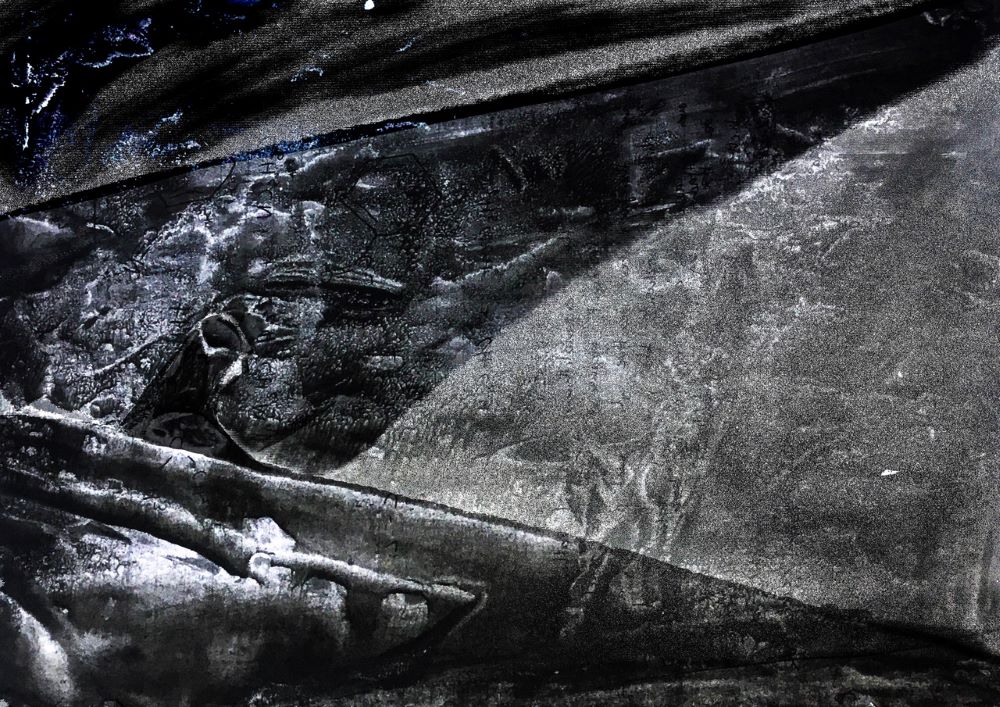
What have been the main benefits from studying at the OCA?
“The degree served more as a motivational framework to develop and demonstrate visual skills than a goal in itself. I already had an established career and academic qualifications. The earlier OCA 2-year module framework enabled me to take degree and personal development courses in parallel. OCA tutors have been consistently supportive and the cross-fertilisation from different disciplinary courses continually challenged me to explore different approaches, themes and techniques I would never have discovered on my own.”
What would you recommend as study advice for other OCA students and how do you maintain momentum to keep studying over this length of time?
“Spreading my degree over a long time period was a conscious choice – to allow time to think, experiment and learn as much as possible alongside my consultancy.
I think for anyone though, it is important to enjoy learning as a lifelong process. Even for students who need the degree itself, I think the main thing is to relax, take time to reflect and make sure all the hard work enables you to explore things that really interest you. My best ideas come when I am happy and do not have my nose glued to the grind.”
Linda’s blogs are public so you can view her work here:
VCAP: https://illustration.zemniimages.info
VisRes: https://viscom4dev.zemniimages.info
Her professional website with different portfolios can be viewed here:
Image titles
- ‘Washbasin with Rag’ from ‘Reflections from the Mountains of Heaven’, Kyrgyzstan (digital photography composite processed in Analog FX, VCAP)
- ‘Power Queen’ from ‘Bridge Reflections’ (digital photograph processes in Lightroom, VCAP)
- ‘Burqa Avenger’ from ‘The Airplane’, Pakistan (gouache ‘happy accident’ processed in Procreate on iPad Vis Res)
|
|



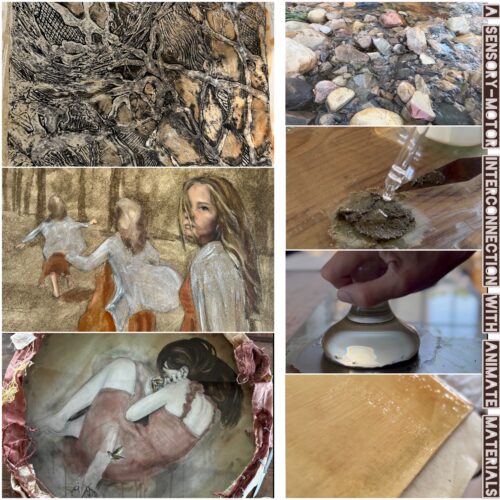
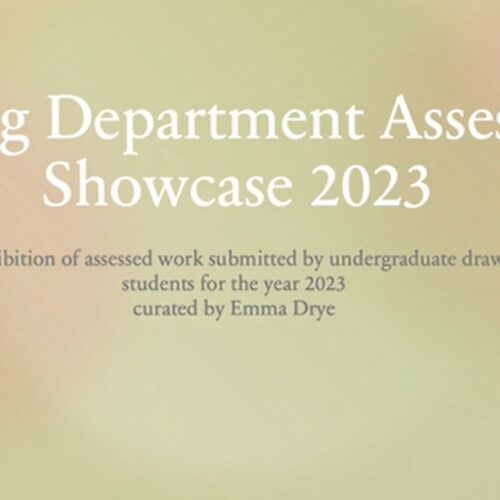
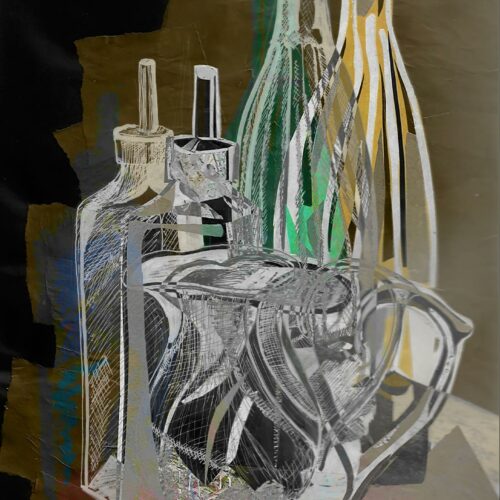
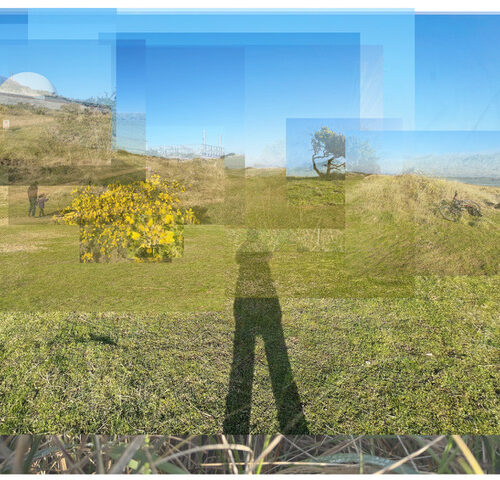
It’s great to see how your work has developed. It looks really interesting and engaging, as does your thinking around ethics and activism. I couldn’t agree more about being happy and relaxed when you work!
Dear Dr Linda Mayoux,
Thanks for sharing your work with us. I appreciate being able to see what another Level 3 student has done.